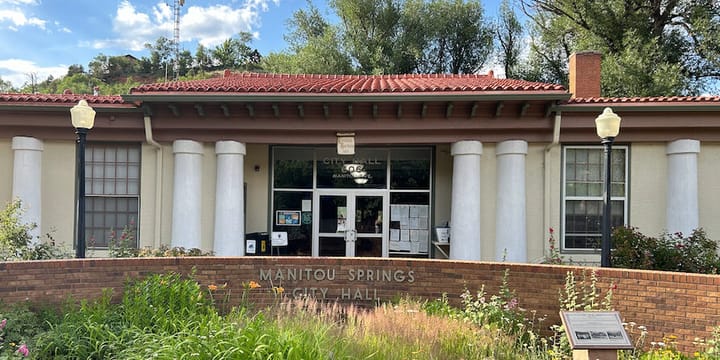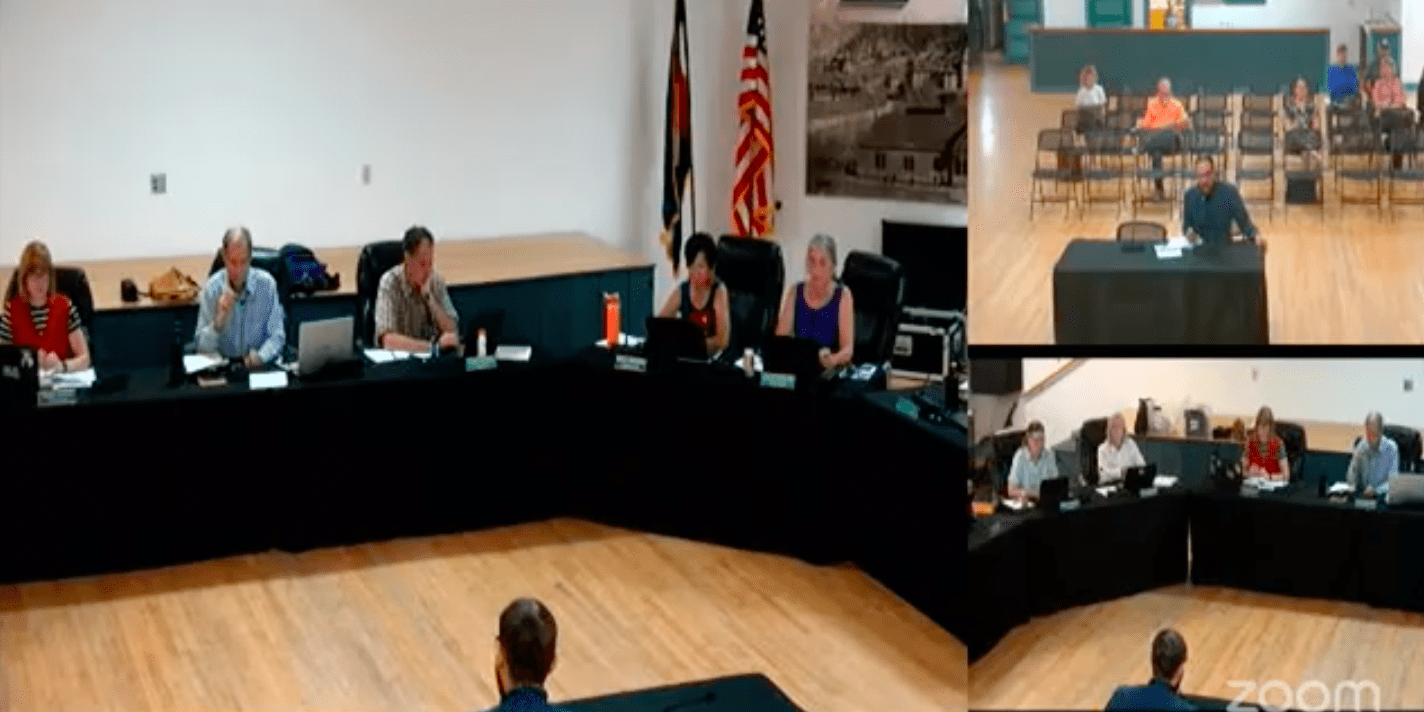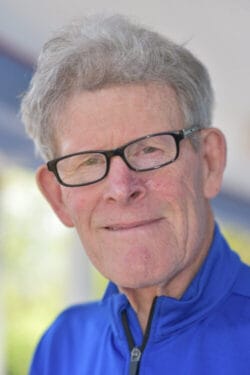When is the City of COS going to do more than just talk about critical issues?

Last week, I had the pleasure to hear what the City of Colorado Springs has up its sleeve for the years to come, as well as a general update to where things currently stand on several fronts.
These briefings came in the form of community meetings. Colorado Springs Utilities' ratepayer session nearly filled COS City Hub. Hundreds showed up. And while Mayor Yemi Mobolade has struggled to draw more than a few dozen to on-site meetings across the city in the past, his tele-townhall attracted hundreds, by one estimate. Both fell on the same day, Wednesday, June 25.
Utilities CEO Travas Deal, who reports to City Council which serves as the Uti l i t ies Board, gave a 40-minute overview of all four services - gas, electric, water and wastewater - and how Utilities stewards those services and also pushes into the future, as uncertain as it may be at times.
Just imagine, as he noted, what foresight had to be at play when previous city officials saw fit to secure water rights from the Western Slope, which provides 70% of the city's supply, and build a network of 27 reservoirs to store it. Some of those decisions, he said, date back 80 years or more.
Not to sugarcoat it - Utilities has made some blunders, notably spending $175 million or so on a pollution control invention for Drake Power Plant before tearing the plant down a few years ago.
But based on Deal's outline, it appears Utilities has it going on with a clear-eyed view of the pitfalls that lie ahead. For example, he acknowledged the utility is navigating a complicated road toward gaining more energy capacity by developing a new natural gas delivery system while simultaneously striving for more renewables. Utilities is in the midst of sewing up a deal to be the "anchor tenant" on a natural gas line coming from Wyoming that will extend down the Front Range. This will assure the City has not one, but two gas lines delivering fuel to the city. It also will enable the City to buy gas cheaply and store it in vast underground areas so the City can turn to its stored supply when prices skyrocket during frigid winters. The City also hasn't ruled out nuclear power, Deal said, who acknowledged the City might face a permitting nightmare, though a nuclear plant could last at least 80 years, so that effort might be worth it.
At the end of the day, he said, Utilities focuses on the three Rs: reliability, rates and relationships. While rates are sure to rise in coming years, rates remain competitive. Ratepayers pay 6.91% less for all four services ($275.03) compared to the Front Range average ($295.45), though we pay nearly 15% more for water, one of Deal's overhead slides showed. With Colorado Springs not being located on a major waterway, the City has had to acquire water rights from mountain rivers as well as lower Arkansas Valley farms and canal systems. Coming rate increases will help fund an extension of wastewater service to the eastern reaches of the city, a controversial project whose cost could top $400 million.
So that's Utilities' situation.
Over on the City's general fund side, overseen by City Council and the mayor, things are dicier, in my opinion.
Unlike Utilities, which admits it's struggling with carbon reduction requirements and competition for water rights, the City seemed to take the posture that all issues are well in hand.
One caller attending the tele-townhall said she runs a successful business and wants to expand to a second location but has run into a buzz saw of bureaucracy from the city. Rather than seeking a followup meeting to drill down on her problem, the city official droned on and on about various programs the City sponsors to supposedly help small businesses.
Other questions focused on the high sound volumes that continue to emanate from Ford Theater up north, slow police response times, crumbling streets despite voters allowing a dedicated sales tax for road work, a feeble bus system that doesn't cover the whole city and housing affordability.
Mayor Yemi and his department heads gave these answers, in brief:
Ford Theater - "We're taking this seriously."
Slow police response times - The City has deployed a drone, and wants to add more, to whiz to scenes and convey intel to responding officers so that they have "eyes on the scene" before they actually arrive.
Bad streets - The city suffers from a frequent freeze/thaw cycle that makes it hard to keep streets in top notch condition, and it's the largest city geographically in the state.
Bus service - The City is "working hard" on transit issues and hopes to add a hub at Pikes Peak State College on the north side. This response came after a woman asked how people are supposed to get to doctor offices in the far north areas of the city without public transportation.
Housing - "This is a real need," so the City is doing yet another study, a housing needs assessment, which will give officials "a lot more better data."
The City seemed to take the posture that all issues are well in hand.
It seems pretty clear the mayor and other city officials understand what the issues are, but I didn't hear much from any of them that suggests they feel a sense of urgency or are genuinely interested in any innovative ideas.
Let's face it, some of what's wrong in our city can't be fixed by relying on the same-o approach and might require creativity or even radical solutions. The City's been talking about building a 3-D house on a lot it owns for more than two years, and it's still not built. What's being done to modify building codes to allow such structures and other types of housing?
Instead of fielding proposals from developers to extend the city's boundaries all the way to Ellicott, how about exploring the feasibility of the City using eminent domain to acquire 2,000 acres or so in Banning Lewis Ranch and then selling it at a marginal cost to builders, who could get to work building what's needed. Right now, the 18,000-acre ranch, annexed in 1988, seems to be more than its owner Norwood Development can handle. The result? Not much is happening, and other developers keep pushing to annex distant lands that would make the city's geographic area, which Mayor Yemi laments is already too big, even larger.
The townhall also featured several polling questions: Are you confident of a timely response in an emergency? How concerned are you about housing affordability? Do you support affordable housing being built in your neighborhood? How satisfied are you with the conditions of streets in your area? Which of the following should be the City's top priority - public safety, infrastructure, housing, economic vitality, community activation?
My answers: No. Extremely. Yes. Not at all. Infrastructure, specifically, an accounting of where all that money has gone over the last 8 years from ballot measure 2C, the special sales tax for roads. When it started, it brought in about $50 million a year. Now it's up to $75 million a year. And the streets are still minefields and continue to deteriorate before our very eyes.
But while kudos might be in order for the City's outreach in staging public meetings, it seems the City people keep doing what they do best - talking about it.



